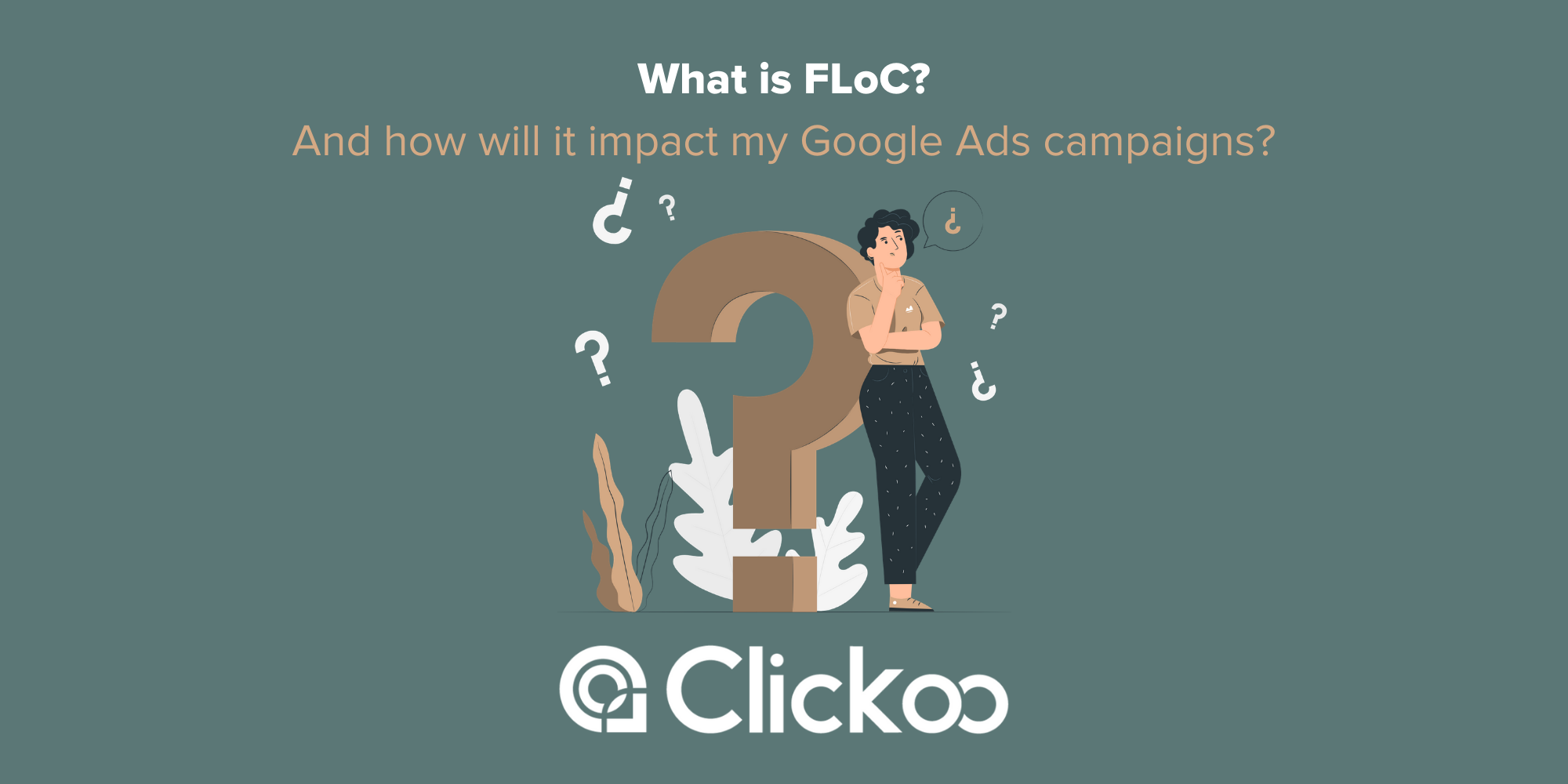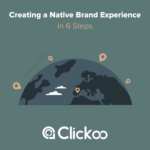 What is FLoC?
What is FLoC?
Federated Learning of Cohorts (FLoC) is a privacy-focused solution intent on delivering relevant ads “by clustering large groups of people with similar interests”. Accounts are anonymised, grouped into interests, and more importantly, user information is processed on-device rather than broadcast across the web.
Why was it created?
The third-party cookie is dying, and Google is trying to create its replacement.
FLoC is meant to be a new way to make a user’s browser do the profiling that third-party trackers used to do themselves. Boiling down a user’s recent browsing activity into a behavioral label, and then sharing it with websites and advertisers. The technology will avoid the privacy risks of third-party cookies, but it will create new ones in the process. It may also exacerbate many of the worst non-privacy problems with behavioral ads, including discrimination and predatory targeting.
Individual user data is kept locally, in the browser, and the browser only exposes the cohort ID. Cohorts would ideally include enough people to make it difficult to identify any particular individual within the group, but also be specific enough to enable effective ad targeting. Users are assigned into new cohorts on a weekly basis, based on their previous week’s browsing data.
Positives
People’s choice
Users get to decide what information to share with each site they choose to interact with. No one needs to worry that their past browsing will be held against them, or leveraged to manipulate them, when they next open a tab.
Third-party cookie replacement
Google’s ad teams recently tested FLoC and shared the results. The results “indicate that when it comes to generating interest-based audiences, FLoC can provide an effective replacement signal for third-party cookies.” Google further added that the “tests of FLoC to reach in-market and affinity Google Audiences show that advertisers can expect to see at least 95% of the conversions per dollar spent when compared to cookie-based advertising”. Google is planning to roll out FLoC to the public for a wider testing in March.
Concerns
Privacy
Grouping users into cohorts helps to hide an individual in a crowd, but is that enough to stop motivated individuals from extracting individual user data?
Creating cohorts might actually facilitate browser fingerprinting (in which many pieces of data from the browser are compiled to create a unique identifier). This is because the cohort ID lumps users into a group of perhaps several thousand people, which would greatly decrease the number of browsers a tracker would have to distinguish between to establish an identifier.
Google have proposed a ‘privacy budget’ to combat fingerprinting but this is still in the early stages of their proposal.
The FLoC proposal could also accidentally reveal their cohort if a website knows a users’ PII (personally identifiable information e.g. someone signing in with an email address). This may enable trackers to learn about a user’s browsing history or the demographic information of members of particular cohorts, which could enable advertisers to discriminate against audiences.
Targeting
Advertisers will have the same targeting options available within Google Ads, the part that’s changing is targeting cohorts, composed of thousands of people, compared to individuals.
What can advertisers do to prepare for the change?
Collect your own data
Building your own lists and creating your own first-party data. Advertisers will need to have users visit their website, engage with it and take action to capture information.
-
- Newsletter sign-ups
- Guide downloads
- Demo registrations
- Surveys
- Account creations
- Event-based interactions e.g. watched full video, started a live chat conversation
- Specific types of customers e.g. accounting, tax, banking
- Audience that is not suitable for the business
Bonus: Use CRM platforms like Hubspot to track this information with ease. It also allows you to integrate with marketing interfaces like Google Ads and Facebook Ads and pass information freely.
Communicate the changes
Preparing an overview of the changes can help everyone get ready for the change and reframe expectations.
Keep up to date with the news
Google plans to conduct tests of the new targeting method. The findings of the experiments may inform Google’s final implementation. Staying up-to-date with FLoC and the move from third-party cookies will help everyone prepare.
When will it be available for advertisers?
FLoC will not be tested in Europe, according to a report by AdExchanger. The rollout of FLoC has already been delayed and is now set to open to advertiser testing beginning in 2023, but countries that fall under GDPR and the ePrivacy Directive will not participate.


